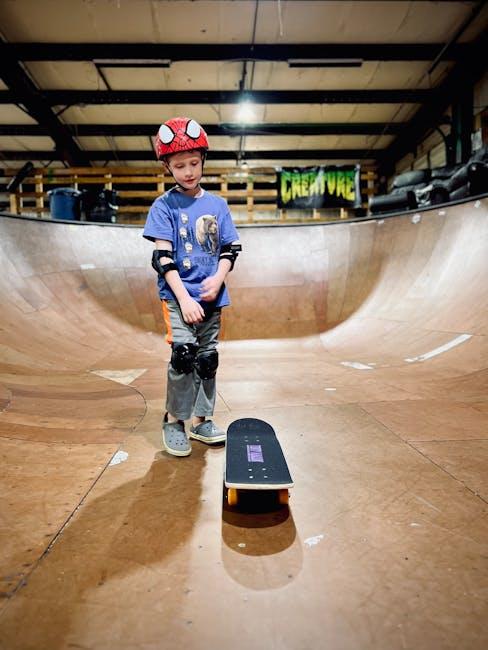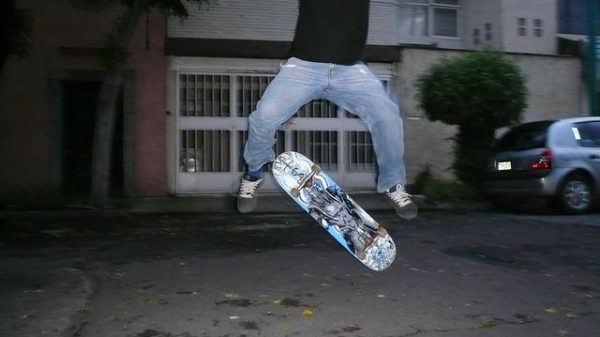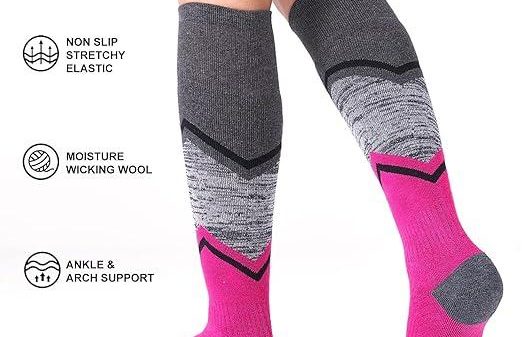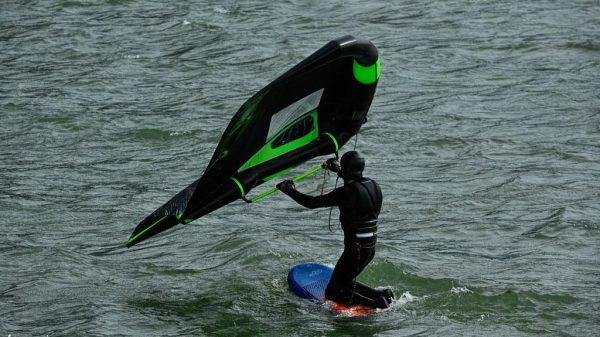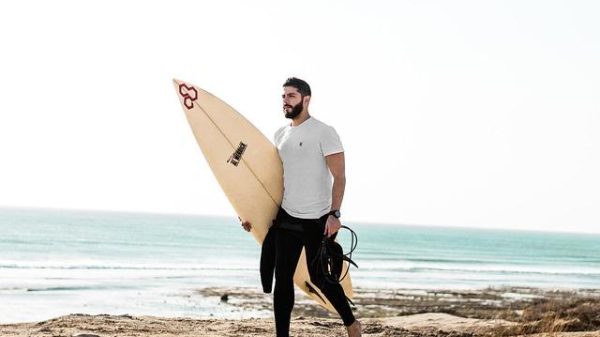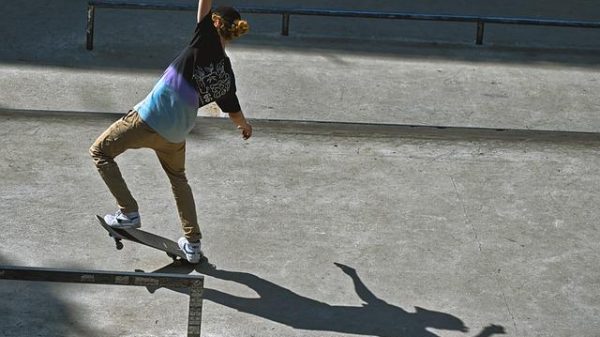Skateboarding is an exhilarating blend of art, athleticism, and personal expression, capturing the hearts of beginners eager to embark on this thrilling journey. While the path to mastering the board is lined with excitement, it is also sprinkled with a few common pitfalls that can trip up even the most enthusiastic newcomers. Fear not, for each mistake is merely a stepping stone on the way to becoming a more skilled and confident skateboarder. In this article, we will explore some of the most frequent missteps made by beginners and offer practical advice to help you navigate these challenges with ease and optimism. Embrace the learning process, and let each lesson bring you closer to the joy and freedom that skateboarding promises.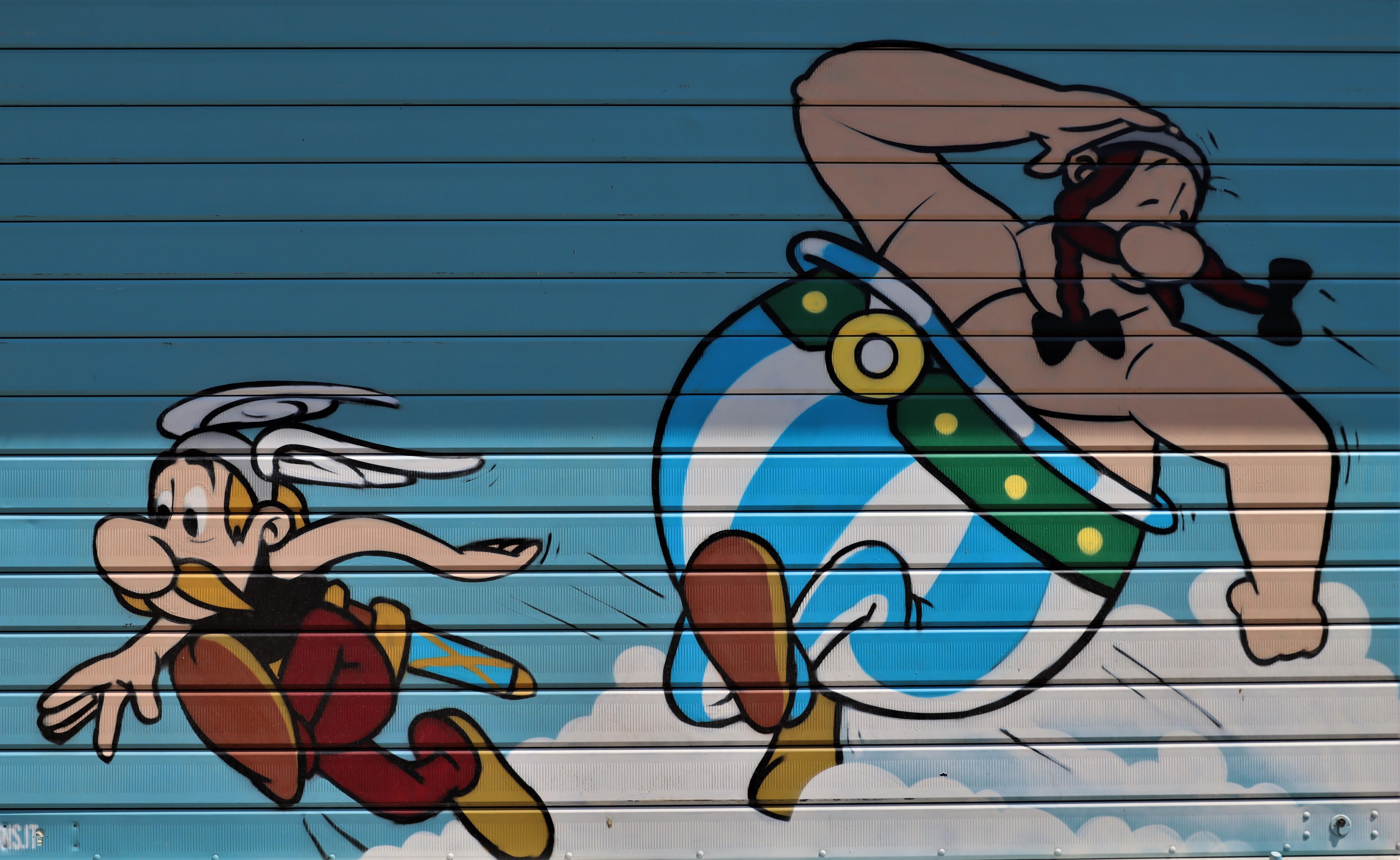
Choosing the Right Gear for a Smooth Start
Embarking on your skateboarding journey can be thrilling, but choosing the right gear is essential to ensure your ride is as smooth as possible. Many beginners often overlook the importance of selecting equipment that suits their style and skill level, leading to a less enjoyable experience. Here are a few tips to keep in mind when picking your gear:
- Trucks for Street Skating”>Deck Size: Opt for a deck that matches your shoe size and the type of skating you want to pursue. Wider decks provide more stability, making them ideal for beginners.
- Trucks: Ensure the width of your trucks aligns with your deck to maintain balance and control. Lightweight trucks can be beneficial for new skaters still mastering their maneuvers.
- Wheels: Softer wheels (78A-87A) offer better grip and a smoother ride on rough surfaces, perfect for those still finding their footing.
- Bearings: High-quality bearings, such as ABEC-rated ones, will ensure a smoother roll, helping you build confidence as you learn.
- Protective Gear: Never underestimate the importance of safety. A sturdy helmet, knee and elbow pads, and wrist guards are crucial for preventing injuries.
By investing in the right gear from the start, you’ll not only enhance your performance but also boost your confidence as you navigate the exciting world of skateboarding. Remember, the right equipment sets the foundation for a successful and enjoyable skating experience!

Mastering Balance: Key Techniques for New Skaters
As you embark on your skateboarding journey, achieving balance is your gateway to mastering the board. One of the most pivotal aspects to focus on is your stance. Many beginners often adopt a stiff posture, which can lead to instability and falls. Instead, keep your knees slightly bent and your body relaxed, allowing you to absorb movements more fluidly. Another common error is neglecting the position of your feet. Ensure that your front foot is placed just behind the front bolts, and your back foot rests on the tail for optimal control.
- Eyes on the prize: Fix your gaze on where you want to go, not at your feet. This simple technique naturally aligns your body and enhances balance.
- Weight distribution: Maintain an even weight distribution between your feet to prevent tipping over.
- Practice on soft ground: Use grass or carpet when practicing balance to minimize falls and build confidence.
Embrace these strategies with enthusiasm, and soon you’ll glide with the grace and assurance of a seasoned skater.
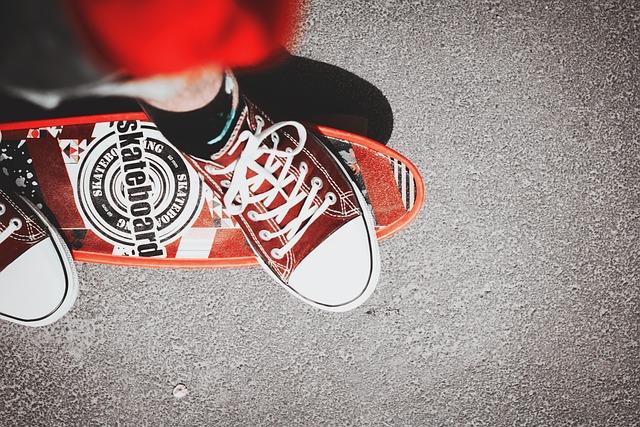
Safety First: Protect Yourself While Learning New Tricks
Embarking on your skateboarding journey is thrilling, but prioritizing your safety is essential to keep the excitement alive. Here are some key practices to keep in mind:
- Invest in Quality Gear: Start with a good helmet and pads for your knees, elbows, and wrists. Quality gear can be a lifesaver and boosts confidence as you learn.
- Warm-Up Before You Ride: Stretching your muscles and joints helps prevent injuries. A few minutes of warm-up can make a significant difference in your flexibility and performance.
- Choose the Right Environment: Begin in a safe, controlled environment like a skate park or an empty parking lot. Avoid busy streets until you’re more experienced.
- Learn to Fall Safely: Falling is part of the process. Practice rolling out of a fall to minimize impact, and always tuck your chin to protect your head.
- Stay Aware of Your Surroundings: Always be alert to potential hazards like cracks, rocks, or other skaters. This awareness can prevent unexpected falls and collisions.
By integrating these safety measures into your practice, you’ll be well-equipped to enjoy skateboarding while minimizing risks. Remember, confidence grows with consistency and care.
Building Confidence: Overcoming Initial Challenges in Skateboarding
- Poor Stance: One of the first hurdles beginners face is finding the right stance. It’s crucial to keep your feet shoulder-width apart and distribute your weight evenly. A common mistake is leaning too far forward or backward, which can lead to loss of balance. Spend time practicing your stance until it feels natural.
- Ignoring Safety Gear: Enthusiasm can sometimes overshadow safety. Many beginners overlook the importance of wearing protective gear like helmets, knee pads, and wrist guards. Not only does this gear prevent injuries, but it also builds confidence as you practice new tricks.
- Skipping Basics: Jumping straight into complex tricks can be tempting, but mastering the basics is essential. Ensure you are comfortable with riding, turning, and stopping before progressing. Foundation skills are the building blocks of skateboarding prowess.
- Fear of Falling: Fear is a natural part of learning, but don’t let it hold you back. Embrace falls as part of the learning curve. Each fall is a lesson that brings you closer to mastering the board. Remember, every skater started with a tumble or two!
